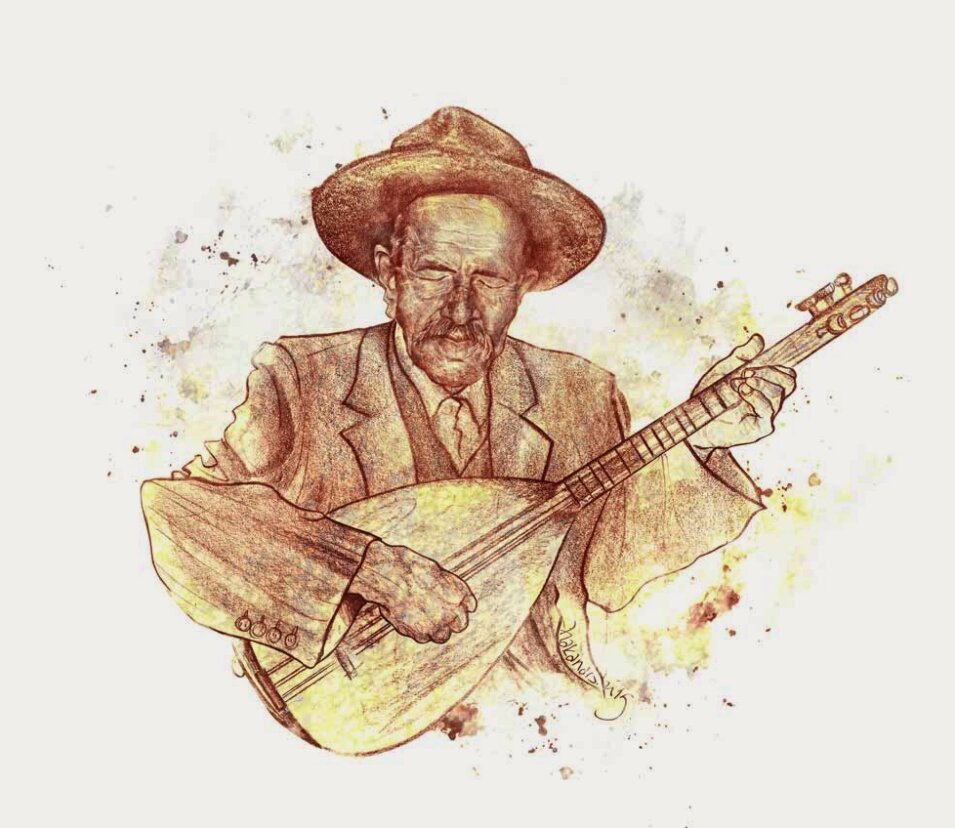
In this seminar we will discuss the modernization and hybridity concepts in various music cultures of Turkey. The diverse cultural landscape of the Turkish Republic—established in 1923—is an important part of the legacy left by the Ottoman Empire as a multi-ethnic state. Such an intersection of cultures under the Turkish nationalism has not only led to many complicated political situations, some of which are still apparent today. It has also created a unique atmosphere of hybridity at the intersection of Westernization and local traditions. The modernization started in the Ottoman society from early eighteenth century and continued in the early Republican era with the reformist pursuit of systematic musical organization—a process that resulted in a significant change on the performance art and folk music practices.
In this seminar, we will explore Turkish/Ottoman classical music, Anatolian folk music, Arabesk, Anatolian pop/rock, Turkish pop, jazz, and Sufi (Mevlevi) music, Kurdish music, Alevi music, Armenian music, and Western classical music from Turkey. We will focus on ethnic identities and class hierarchies reflected in these genres, the issues of orientalism and occidentalism, and the influence of globalization on the musics of Turkey while expanding our knowledge of the repertoire.
- Course owner: Dr. Yaprak Melike Uyar